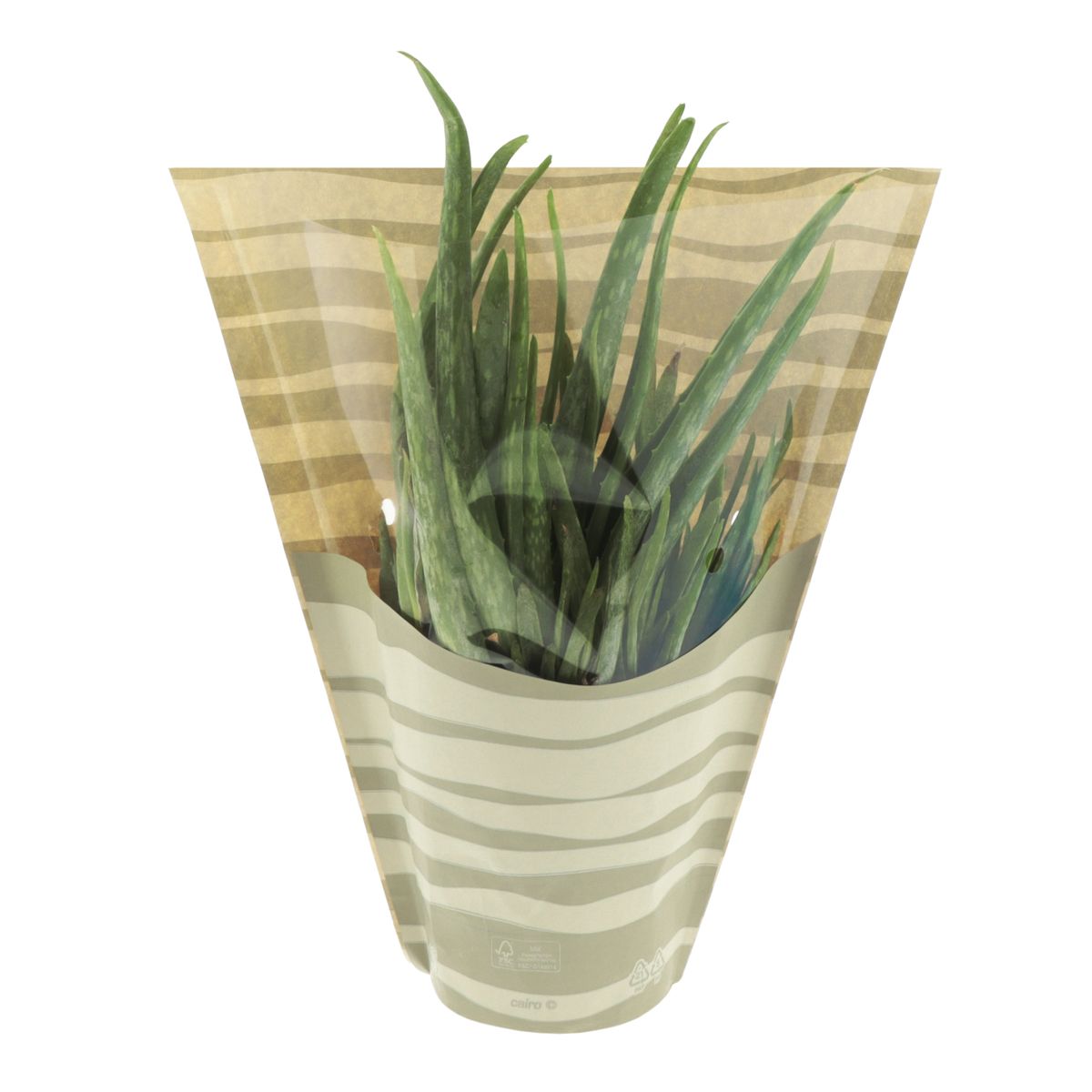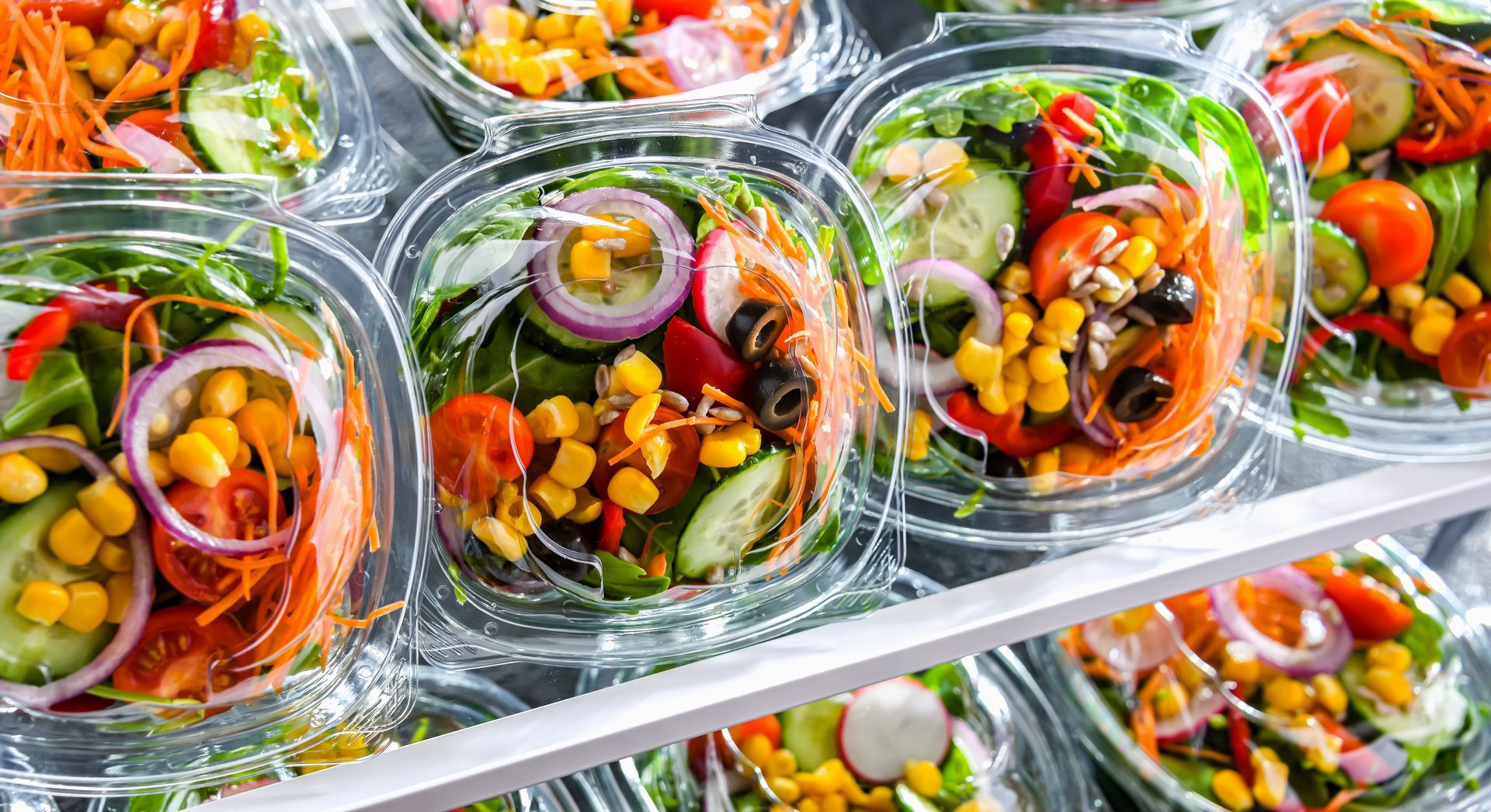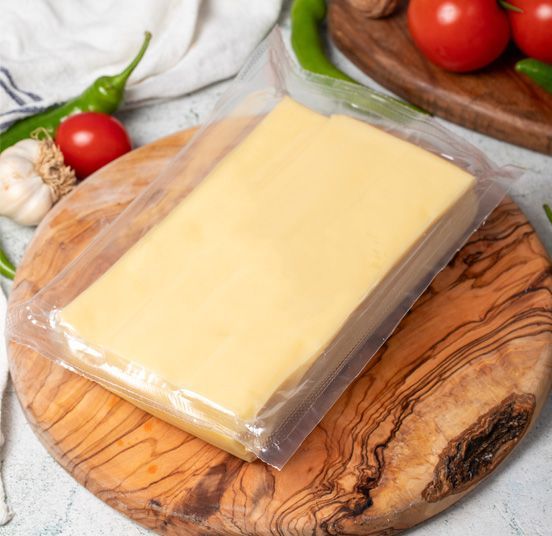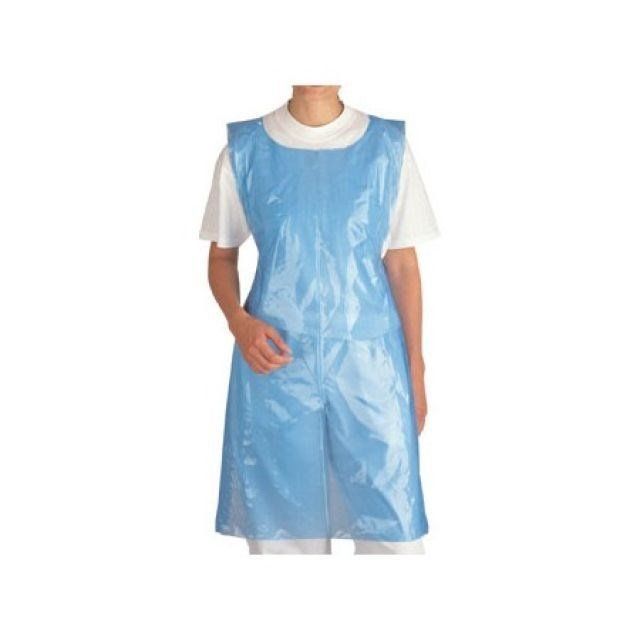The future of packaging - 5p carrier bag charge
Making sense of the 5p carrier bag charge

Since Teresa May announced the governments 25 year environment plan on January 11th we have been inundated with questions from retailers and garden centres on how it will affect them and their packaging usage.
The main points that Teresa May announced the government will be tacking in their 25 year environment plan include the below;
1. Clean air
2. Clean and plentiful water
3. Thriving plants and wildlife
4. A reduced risk of harm from environmental hazards such as flooding and drought
5. Using resources from nature more sustainably and efficiently
6. Enhanced beauty, heritage and engagement with the natural environment. In addition, we will manage pressures on the environment by:
7. Mitigating and adapting to climate change
8. Minimising waste
9. Managing exposure to chemicals
10. Enhancing bio-security
Read the full report at: A Green Future: 25 Year Environment Plan
Whilst there has been no definite decision made yet regarding the use of packaging, the plan is to extend the already successful 5p bag charge to all retailers and not just those employing 250+ employees but no date has been set for this yet. In the meantime any retailer can charge for carrier bags it just doesn’t need to be recorded and reported to the government yet. The government has also said it will work with research councils to ensure all plastic bags adhere to a biodegradable standard but they have not decided what standard this is yet. The bags are made biodegradable by adding an additive. There are many different additives but the most common one is D2W which helps break down the carrier bag making it fully degrade after approximately 7 years depending on how it is stored.
Other packaging the government intend to reduce the use of include coffee cups, straws and fruit and vegetable packaging by the introduction of a packaging free aisle in supermarkets.
Since the 5p carrier bag charge was introduced there has been some confusion by retailers and shoppers as to when the bag charge applies and when it is exempt, so to clear this up here are some examples of when the bag charge does not need to be applied;
- uncooked fish and fish products
- uncooked meat, poultry and their products
- unwrapped food for animal or human consumption - such as chips, or food in containers that aren’t secure enough to prevent leakage during handling
- unwrapped loose seeds
- flowers
- bulbs, corms or rhizomes (roots, stems and shoots, such as ginger).
- goods contaminated by soil (like potatoes or plants)
- You do not need to charge for bags over 70 microns
- You do not need to charge for bags without handles
- You do not need to charge for paper and made of material such as cotton, jute etc.
- You’re not required to charge for bags holding live fish or other aquatic creatures.
- for goods in transport, such as at an airport or on a train, plane or ship
- considered as sealed packaging for mail order and click-and-collect orders
- used to give away free promotional material
- for unwrapped blades, including axes, knives, and knife and razor blades
- for prescription medicine
- used for a service, but there is no sale of goods, for example dry cleaning
The following website is very helpful and is regularly updated: https://www.gov.uk/guidance/carrier-bag-charges-retailers-responsibilities#bags-youre-not-required-t...
Some alternatives to the traditional carrier bags include degradable boot liners
, plant pot carrier bags
(if only used to carry bedding plants), bags for life
(70 micron+), bags without handles, paper bags
or contact us today for a quote on compostable or bespoke carrier bags to suit your requirements design@alphapackaging.co.uk

















